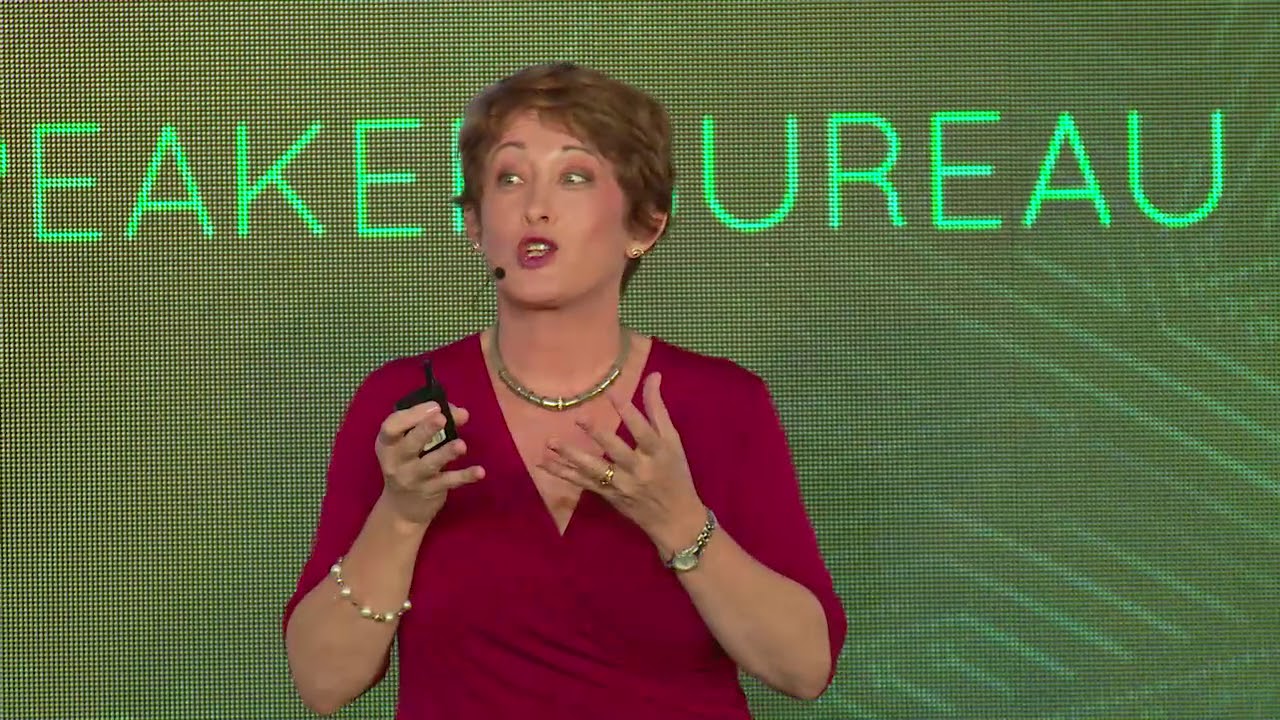In a world where customer loyalty is the holy-grail, what is the single most important ingredient to ensure repeat business? Whilst value, price, product differentiation, process and customer service are all significant contributors, more than ever, customers want to know they can trust you. Trust is now recognised as a primary driver for bottom line growth and the heart of a healthy culture.
The Cost of Distrust
To understand the value of trust, we need to count the cost of distrust. Despite having one of the best constitutions and governance frameworks in the world, we are grappling with corruption and a lack of accountable leadership. Could it be that we are trying to legislate behaviour, rather than promoting individual and corporate accountability?
As many of the top global organisations have discovered recently, it takes years to build trust in a brand and only moments to destroy it. The 2018 PWC Global CEO survey expresses the concern that trust in business has dropped by nearly 50%. And it is coming at a cost. Recently we have seen major accounts withdrawn, international racially insensitive adverts sparking a global social media storm and even rioting. Distrust has the ability to wipe millions, if not billions off the bottom line.
Three Cs to Build Trust in your Organisation

- Character
- Connection
- Credibility

About Us
 The Northern Business Review is a business community newspaper that provides a platform for businesses to market their products and services, as well as build their brand, but equally important the publication provides information, advice and topics of interest, including business, entrepreneurial, economic reviews and simple ideas to grow your business. The publication has a primary objective to “uniquely” represent businesses to a wide audience across the community as well as provide a media platform of business articles and information that affect, influence and uplift the business environment within our defined geographical and cultural community.
The Northern Business Review is a business community newspaper that provides a platform for businesses to market their products and services, as well as build their brand, but equally important the publication provides information, advice and topics of interest, including business, entrepreneurial, economic reviews and simple ideas to grow your business. The publication has a primary objective to “uniquely” represent businesses to a wide audience across the community as well as provide a media platform of business articles and information that affect, influence and uplift the business environment within our defined geographical and cultural community.
Recent Posts
- The HUAWEI MatePad T 10s 64GB: the ideal tablet for families
- TIGER BRANDS CULINARY DIVISON PARTNERS WITH BACARDI HOLIDAY CLUB FESTIVAL AS THE OFFICIAL FOOD SPONSOR
- Prevent the silent onset of chronic kidney disease. Here’s how
- 15-minute neighbourhood trend on the rise across SA
- 3Sixty Biopharmaceuticals enters into a sales and distribution agreement with Adcock Ingram’s OTC division

